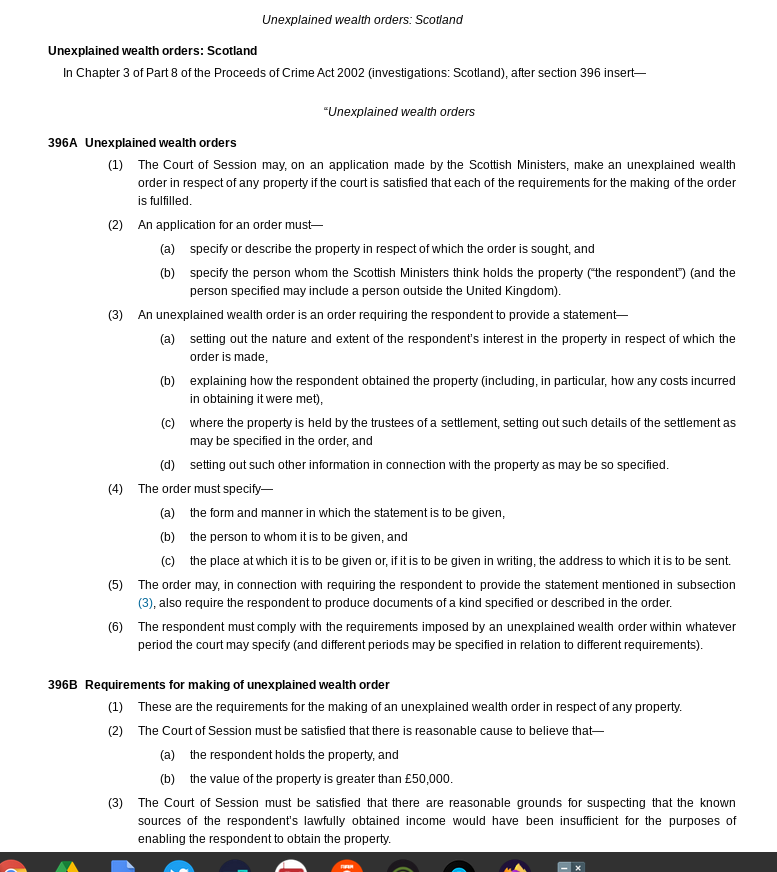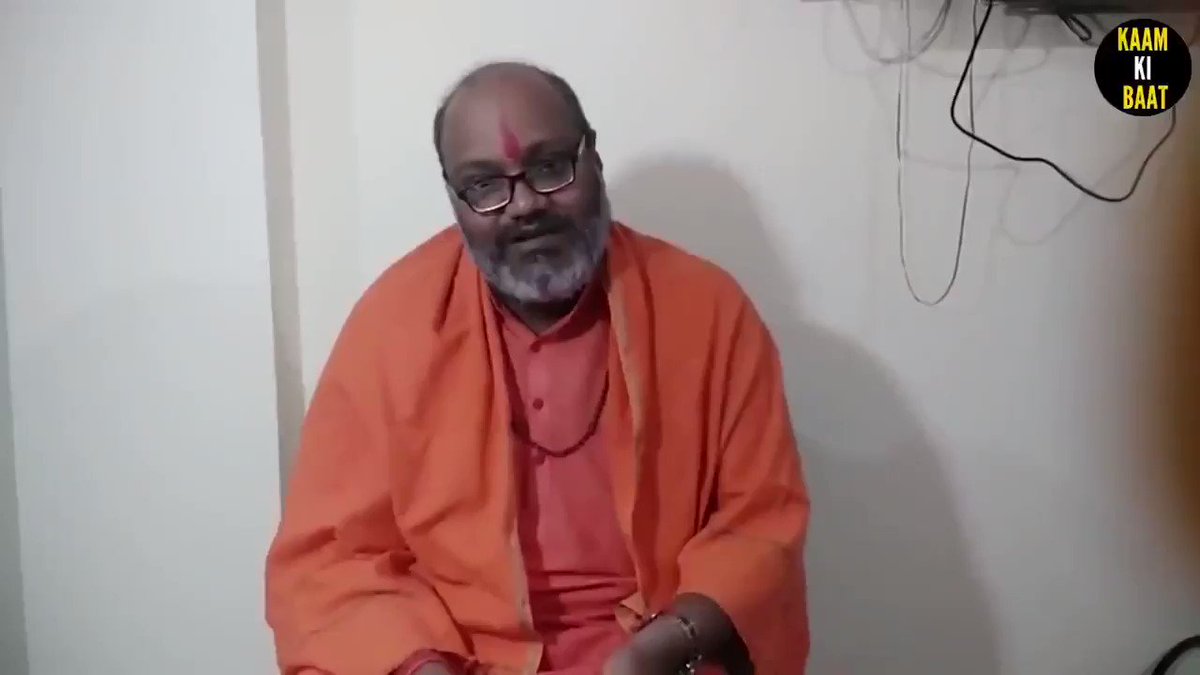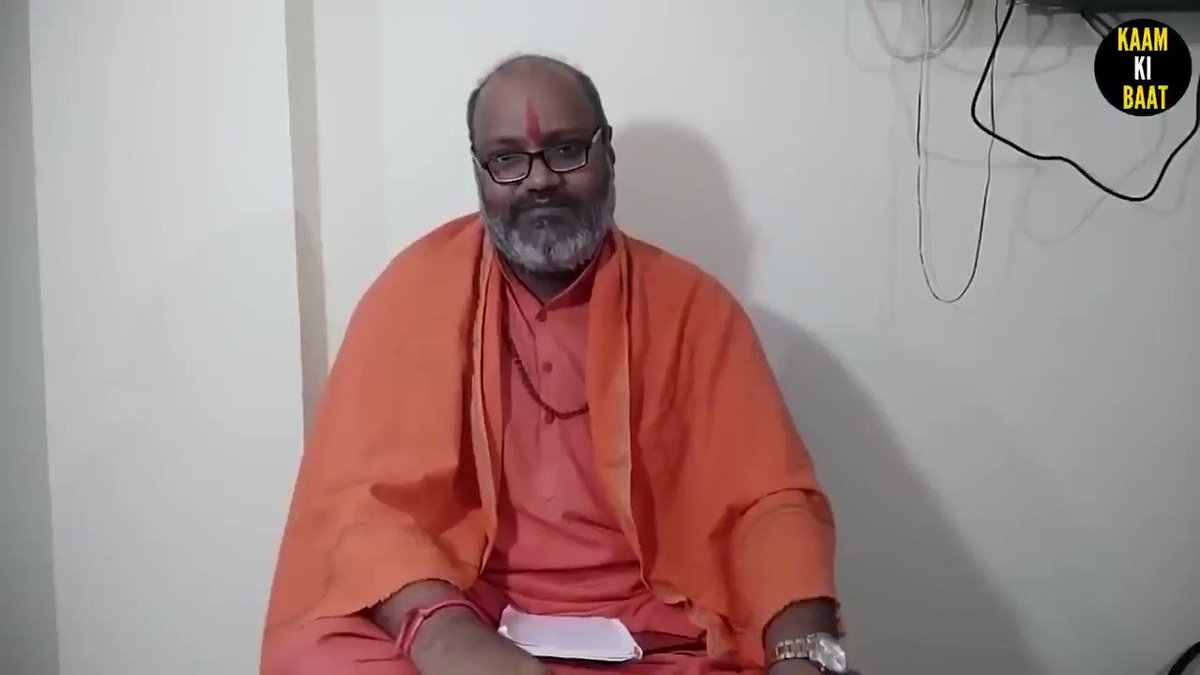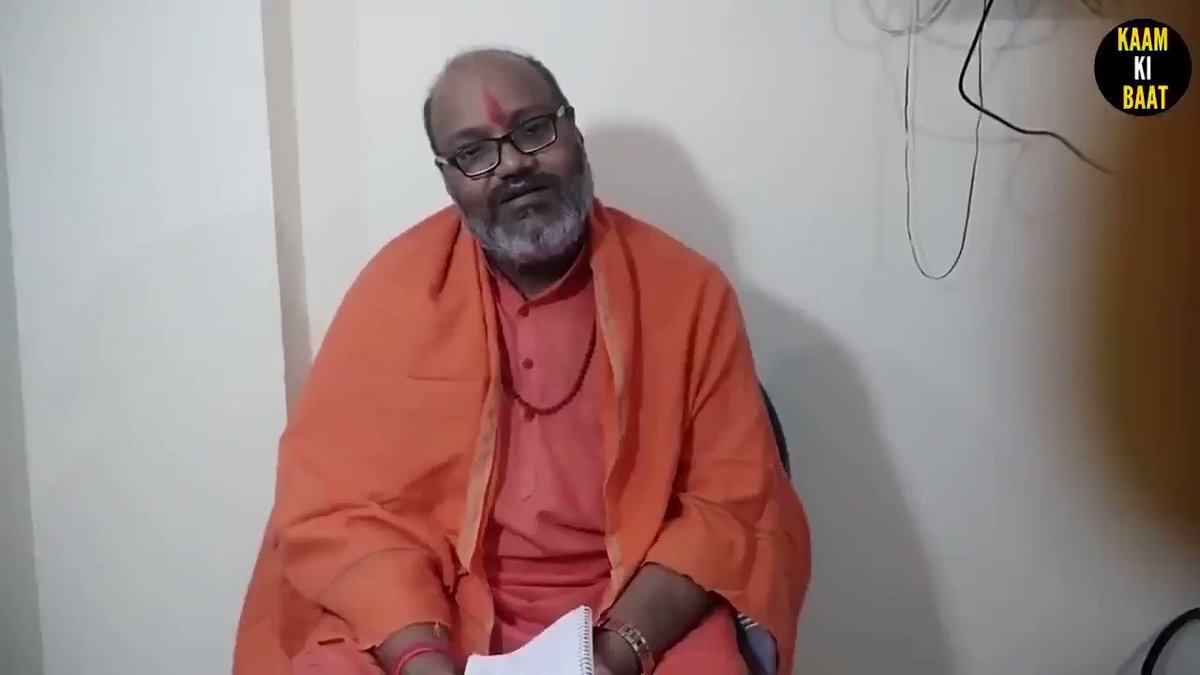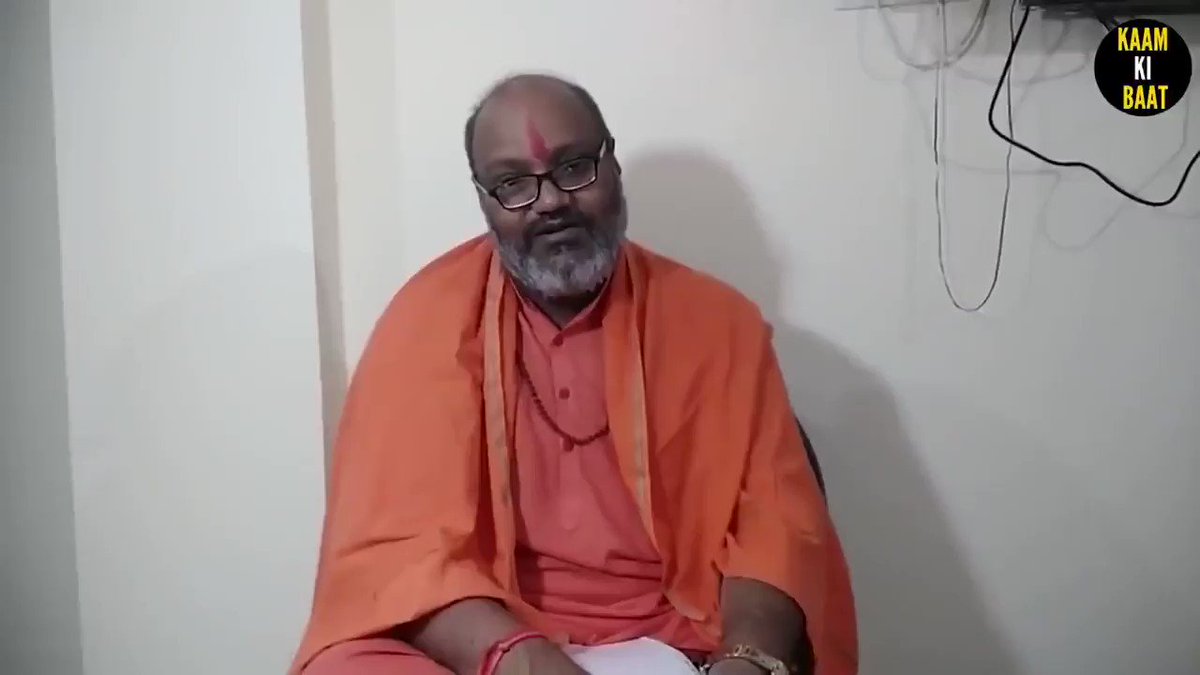"3 million people are estimated not to have official photo ID, with ethnic minorities more at risk". They will "have to contact their council to confirm their ID if they want to vote"
This is shameful legislation, that does nothing to tackle the problems with UK elections.THREAD
Millions of people do not have photo ID. By forcing through mandatory voter-ID the government risk disenfranchising millions of legitimate voters. https://t.co/y0Upzof2FI
— Electoral Reform Society (@electoralreform) February 17, 2021
More from Robert Saunders
ON THE BLOG: The Dissolution and Calling of Parliament Bill \u2013 a return to constitutional normality?
— Constitution Unit (@ConUnit_UCL) August 1, 2021
Professor Alison Young, of @cambridgelaw, argues that it is wrong to place the blame for the extraordinary events of 2019 on the provisions of the FTPA.https://t.co/yYWEEOF1Td
2. Some of the highest powers of the British state still technically belong to the Crown: from declaring war & making treaties to suspending Parliament. Those powers are now exercised "on the advice of the PM". But they do not *belong* to the PM, & might, in theory, be withheld.
3.For example: the 1950 "Lascelles Principles" set out three conditions under which a monarch might refuse to dissolve Parliament (a "Royal Prerogative" pre-2011). Others might include "when the Oppn is in the middle of a leadership contest" or "when electoral fraud is suspected"

4. In effect, the monarchy became the "emergency brake" of the constitution. It could not exercise these powers itself, but it could stop a govt from doing so. It could deny a PM access to the "nuclear weapons" of the constitution: like the power to declare war or suspend Parlt.
5.This was never a very satisfactory brake. It relied on one person with no democratic authority, who might be inept, corrupt or Prince Andrew. And as Britain evolved from a "constitutional" to a "ceremonial" monarchy, it grew ever less likely that a monarch would actually use it
Good piece on lazy "Boris is Trump" nonsense. I'd go further. Johnson is socially liberal at heart, Trump is authoritarian. Johnson is instinctive free trader, Trump is protectionist. Johnson is pro-migration at heart, Trump is xenophobe https://t.co/RGom19xSfx
— Matt Goodwin (@GoodwinMJ) January 7, 2021
2. It's true that Johnson has a "libertarian" streak: he dislikes rules, taxes, "red tape", "do-gooders" and the "nanny state". But so does Trump. Indeed, Trump goes much further on this, presenting masks, lockdowns, gun control, taxes & environmentalism as a danger to "freedom".
3. Johnson is not morally conservative, but nor is Trump. Neither much cares what people do in private, & neither sets much store by "conservative" moral norms on truth, fidelity or sexual continence. (Tories used to call this "licence", not "liberalism", but it's common to both)
4. Johnson might, personally, be more "liberal" on immigration than Trump, but he's been no less quick to weaponize the issue for political gain. The demand to "Take Back Control of our Borders" was as central to Johnson's victory in 2016 as "Build the Wall" was to Trump's.
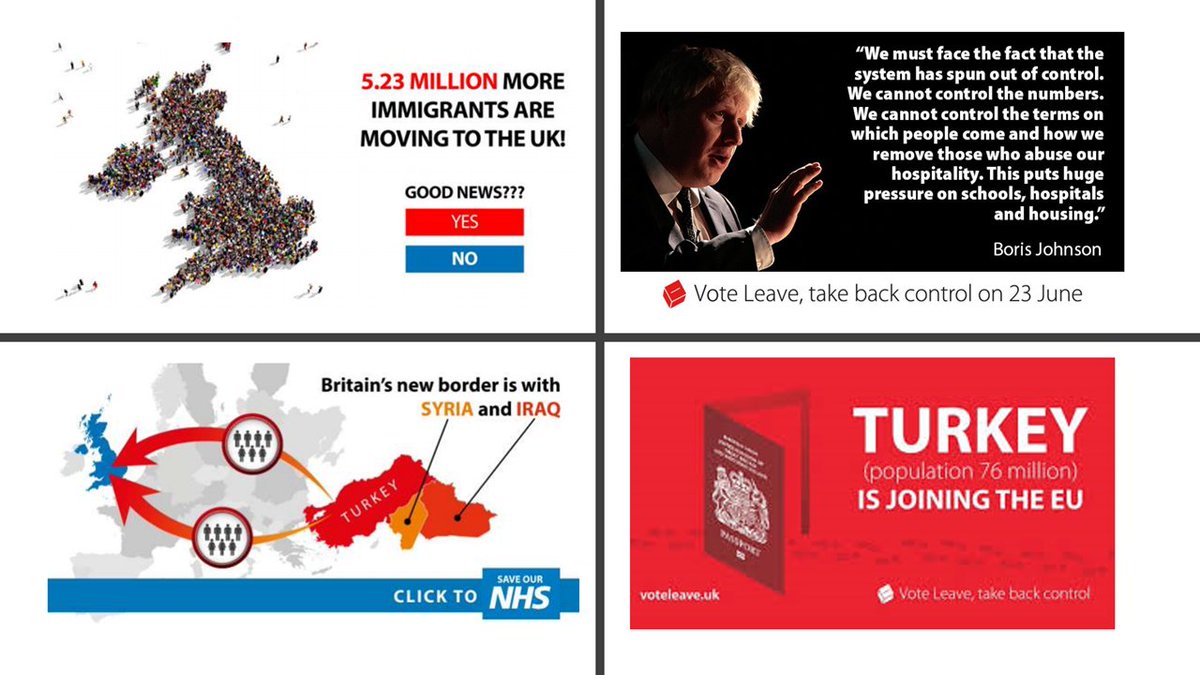
5. Johnson is not, like Trump, an instinctive protectionist. But he was happy to lead a nationalist insurgency against the UK's biggest free trade arrangement, and stoked support for a "no deal" Brexit that would have involved huge tariff increases. To quote an earlier leader...
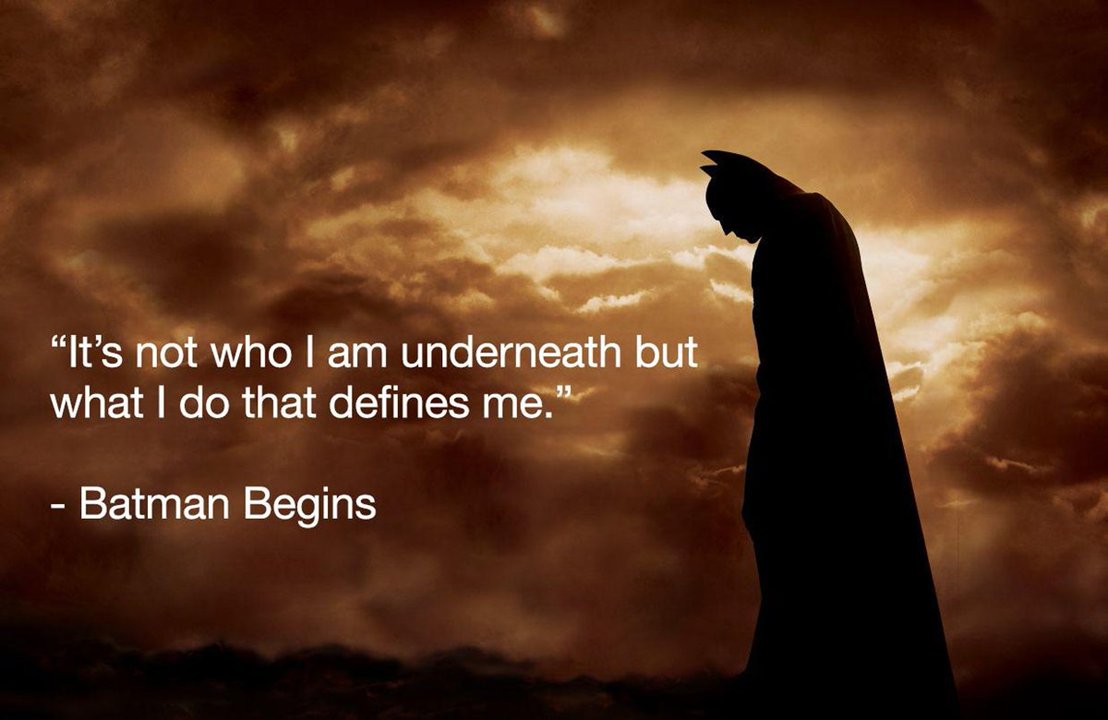
MPs are being asked to shovel through, in a single day, a bill that was published yesterday, implementing a treaty agreed six days ago, which comes into force tomorrow night. The European Communities Act 1972 was debated in Parliament for 300 hours. Today's bill will get about 5.
MPs will have at most four minutes to speak on a trade agreement covering more than 1,200 pages. Few will have had time to read it anyway, and their votes will mostly be cast by the Whips. The entire charade will be over shortly after lunch.
Today's legislation doesn't just transform our trade relations. As @jeff_a_king points out, it gives ministers the power to rewrite vast swathes of domestic law without further scrutiny. It is a massive transfer of power from Parliament to the Executive.
Third, the general implementation powers contained in cl 31 allow ministers to make any law that is required to implement the agreement by regulations - and that this power can be used to do anything an Act of Parliament can do (including amend the bill/Act itself).
— Jeff King (@jeff_a_king) December 30, 2020
Parliament has to do this with the legislative equivalent of a gun to its head. The UK's current terms of trade with the EU cease to exist in 48 hrs. MPs cannot inflict a crash-out on their constituents, so all that's left for the Opposition parties to argue about is positioning.
Robert Jenrick is to change the law so that historic statues, plaques, memorials or monuments cannot be removed without going through a formal planning process.
— Christopher Hope\U0001f4dd (@christopherhope) January 16, 2021
Twelve thousand statues are covered by the law changes.
2. In a speech last September, Jenrick complained that "the planning system is broken". Only "1% of people" had "the esoteric knowledge to navigate [its] arcane and protracted world", shutting out those "who don’t have the time to contribute to the lengthy and archaic process".
3. If campaigners make it through that process (which Jenrick himself calls "as inconsistent as it is slow") more barriers lie ahead. "I will not hesitate to use my powers as Secretary of State" to enforce the view, to "be set out in law", that statues should "almost always" stay
4. When this govt wants councils to do something - like building houses - it invariably overrides the planning system. When it wants to *stop* them doing something - like moving statues - it enforces it. This is not an attempt to democratise change. It's an attempt to obstruct it
5.If the goal were to prevent direct action against statues, blocking lawful & constitutional avenues for change would be a foolish way of doing it. As I wrote here, we need good faith mechanisms where the case for change can be argued & contested lawfully
8. Debate around public statues is not going to go away. Nor should it, for it raises profound questions about our values & the ownership of public space. So councils need to establish good-faith processes in which debate can happen - and from which meaningful change can emerge.
— Robert Saunders (@redhistorian) June 9, 2020
After all these years... remainers still go "AH HA but fishing is a tiny contribution to the economy".. Well why might that be? Why has it withered? Why has it become a totemic issue in our relationship with Brussels? Yes it is tiny now. But for millions that's the sodding point.
— Harry Cole (@MrHarryCole) December 17, 2020
1. Fishing had been declining for much of the twentieth century. The number of UK fishermen more than halved in mid-century: from nearly 48,000 in 1938 to 21,000 in 1970. By 1970 - the year *before* the UK signed the Treaty of Accession - fishing made up less than 0.1% of UK GDP.
2. That decline had many causes. A century of over-fishing had left stocks dangerously depleted. Younger generations were moving out, in search of safer and better-paid work inland. And the "Cod Wars" with Iceland (1958-76) triggered the collapse of the Atlantic trawler fleet.
3. The "Cod Wars", in which Iceland expelled GB trawlers from its waters, were a grim reminder (a) that other states have sovereignty too & (b) that power-politics still exist outside the EU. For Cold-War reasons, the US backed Iceland. The UK had to fold. https://t.co/t8wdvtCgMb
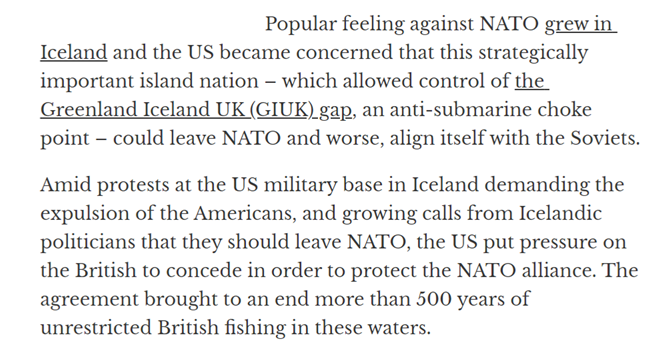
4. There were other challenges, too. In the early 1970s, Norway & Iceland were dumping large quantities of frozen fish on the British market, driving down prices for domestic suppliers. The fishing fleet badly needed investment for modernisation but was struggling to raise funds.
More from Politics
1. Lin Wood shares the password
2. Website has an article where the first letter of each sentence matches password
3. Title of article is an anagram for issac kappy

4. Somehow the file is stored in tor because of the reference to torsocks
5. Nobody has done an in depth analysis of the source code to see if there’s any hints there
6 search engine searches for slack, tor, and website returned nothing
https://t.co/lCajyM4TWp @sistronk @Crazy_German17 @boy17_tommy @105artillery @thecoffeebarons @Mareq16 @MKEBRAWLER @RealMaciejHelak @C8red8r @FabianBlondel @LaureenZapf
https://t.co/4tUs7tESwg
Silicon Valley is modelled after Crassus

You May Also Like
Legacy site *downloads* ~630 KB CSS per theme and writing direction.
6,769 rules
9,252 selectors
16.7k declarations
3,370 unique declarations
44 media queries
36 unique colors
50 unique background colors
46 unique font sizes
39 unique z-indices
https://t.co/qyl4Bt1i5x

PWA *incrementally generates* ~30 KB CSS that handles all themes and writing directions.
735 rules
740 selectors
757 declarations
730 unique declarations
0 media queries
11 unique colors
32 unique background colors
15 unique font sizes
7 unique z-indices
https://t.co/w7oNG5KUkJ

The legacy site's CSS is what happens when hundreds of people directly write CSS over many years. Specificity wars, redundancy, a house of cards that can't be fixed. The result is extremely inefficient and error-prone styling that punishes users and developers.
The PWA's CSS is generated on-demand by a JS framework that manages styles and outputs "atomic CSS". The framework can enforce strict constraints and perform optimisations, which is why the CSS is so much smaller and safer. Style conflicts and unbounded CSS growth are avoided.





